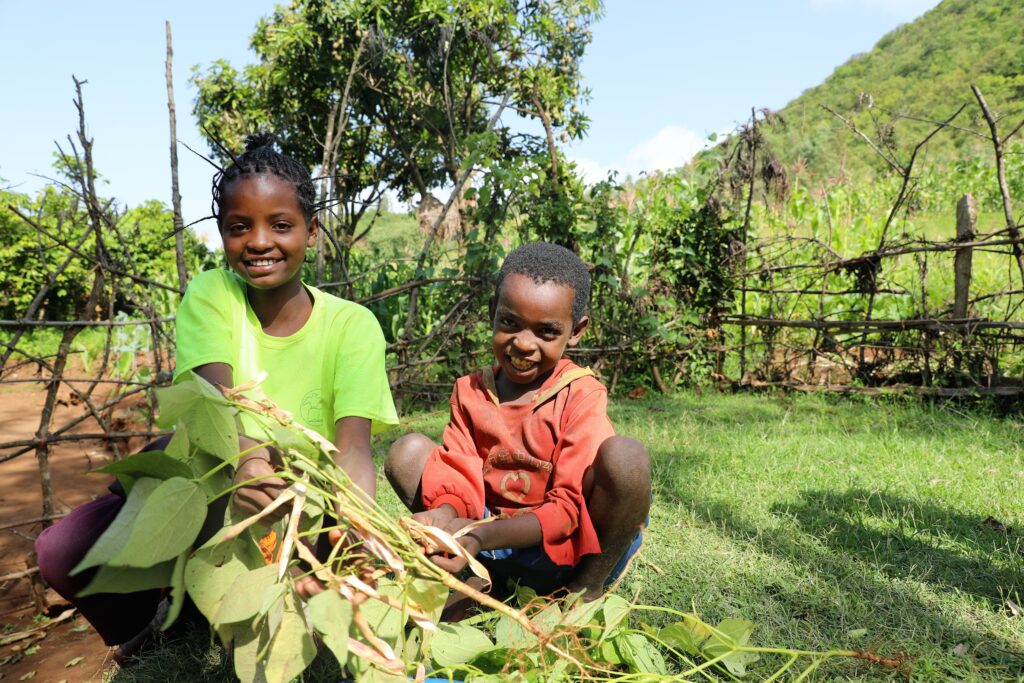FARMER
MANAGED
NATURAL
REGENERATION
FMNR is a proven, simple and sustainable regreening technique which can unlock hidden underground forests with the the potential to rapidly regenerate, restore degraded land, and heal the environment
The FMNR Hub proudly hosted by the FMNR Scale Up Team at World Vision Australia aims to help implementers and funders to develop their understanding of the proven regreening technique known as FMNR. The Hub offers resources, training, and tools related to FMNR.
HUMANITY NEEDS TREES MORE THAN EVER
Land degradation, both a symptom and cause of climate change, is among the most pressing of all environmental problems, further perpetuating the intergenerational cycle of poverty.
Why is FMNR such an important technique in land restoration?
A significant proportion of the estimated 3.8 billion hectares of degraded agricultural land was cleared using methods that left tree roots in the ground. In many seemingly degraded landscapes there is often a tree root or seed bank waiting to be regenerated. These complex root systems, hidden underground, have the the potential to rapidly regenerate, restore
degraded land, and heal the environment.
World Vision will actively contribute to the global restoration goal to restore one billion hectares of degraded land by 2033.

How does FMNR work?
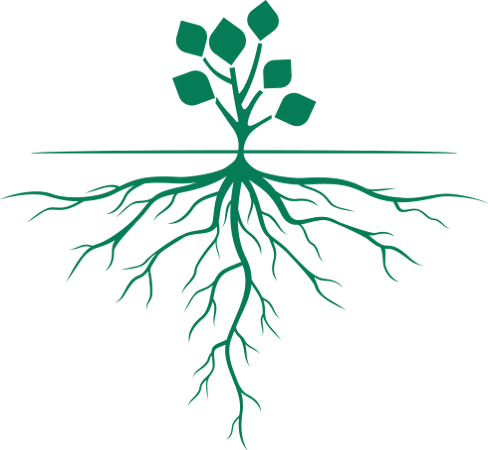
FIND
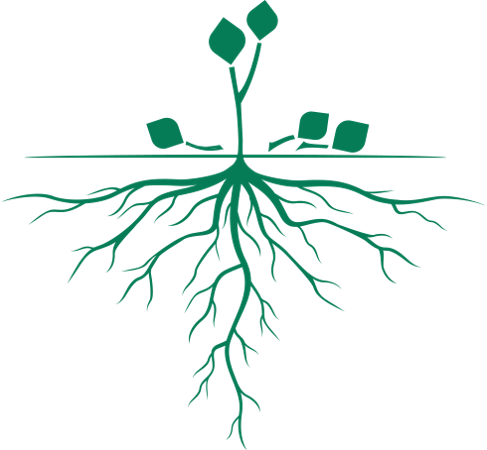
PRUNE
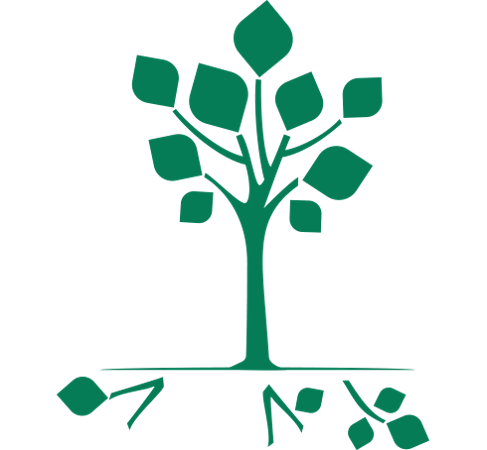
PROTECT

GROW

UTILISE
THE IMPACT OF FMNR
Food
Income
Carbon
Children
Restored land
Hope
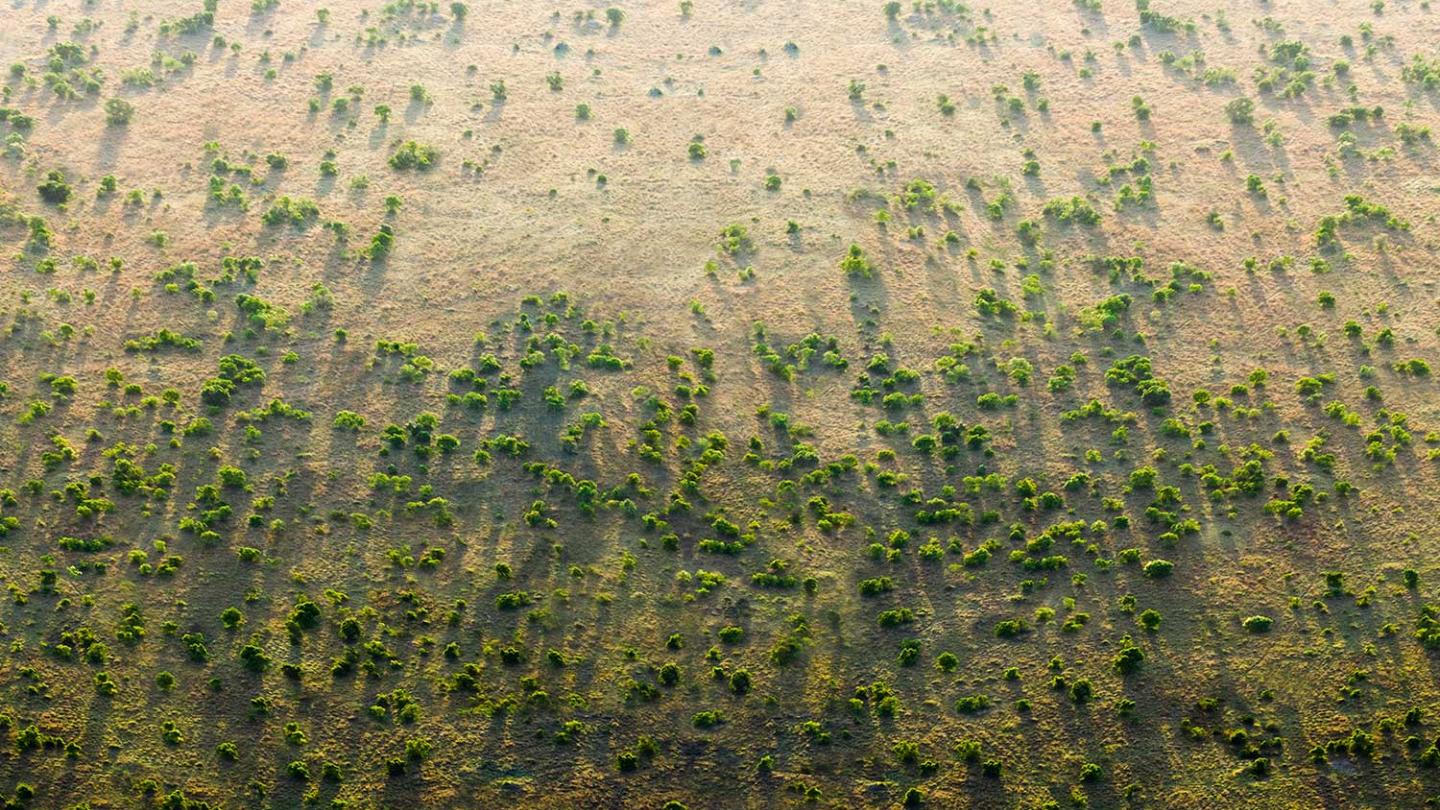
Regreening at scale
World Vision will actively contribute to the global restoration goal to restore one billion hectares of degraded land by 2033. Why is FMNR such an important technique in restoration?
Efficient
FMNR combines land restoration and livelihood improvement, addressing poverty and environmental needs simultaneously and at-scale. This lowers cost and risk of projects, whilst increasing long term efficiency and impact. FMNR can be up to 36 times cheaper than tree planting, per hectare.
Tested
FMNR has been used by millions of practitioners for many decades, and originated as an indigenous landscape management technique. It is currently being practised in over 40 countries across the globe. World Vision Australia has developed a scaling methodology based on these decades of practice.
Resilient
FMNR delivers results in a short time frame (often as little as three years), whilst building long term resilience in the communities and regions that practise it. FMNR enhances resilience by improving soil fertility, conserving water, increasing biodiversity, providing economic stability, and supporting communities during natural disasters and crises.
Impactful
In Niger: 2.5 million people benefited from FMNR projects including improved child nutrition. In Ethiopia: there is a 50% increase in crop yields across FMNR sites. Mali: 70% of households in FMNR practising communities reported improved food security. In Kenya: 40% increase in household income.
GET INVOLVED
Anyone can join the global FMNR movement by learning the technique, spreading awareness, participating in local projects, or supporting projects that directly implement Farmer Managed Natural Regeneration to restore degraded lands and build sustainable futures for children and the communities they live in.
